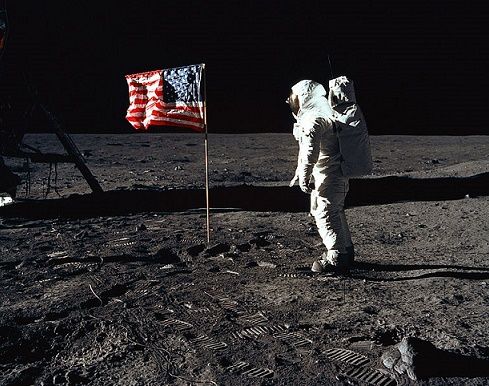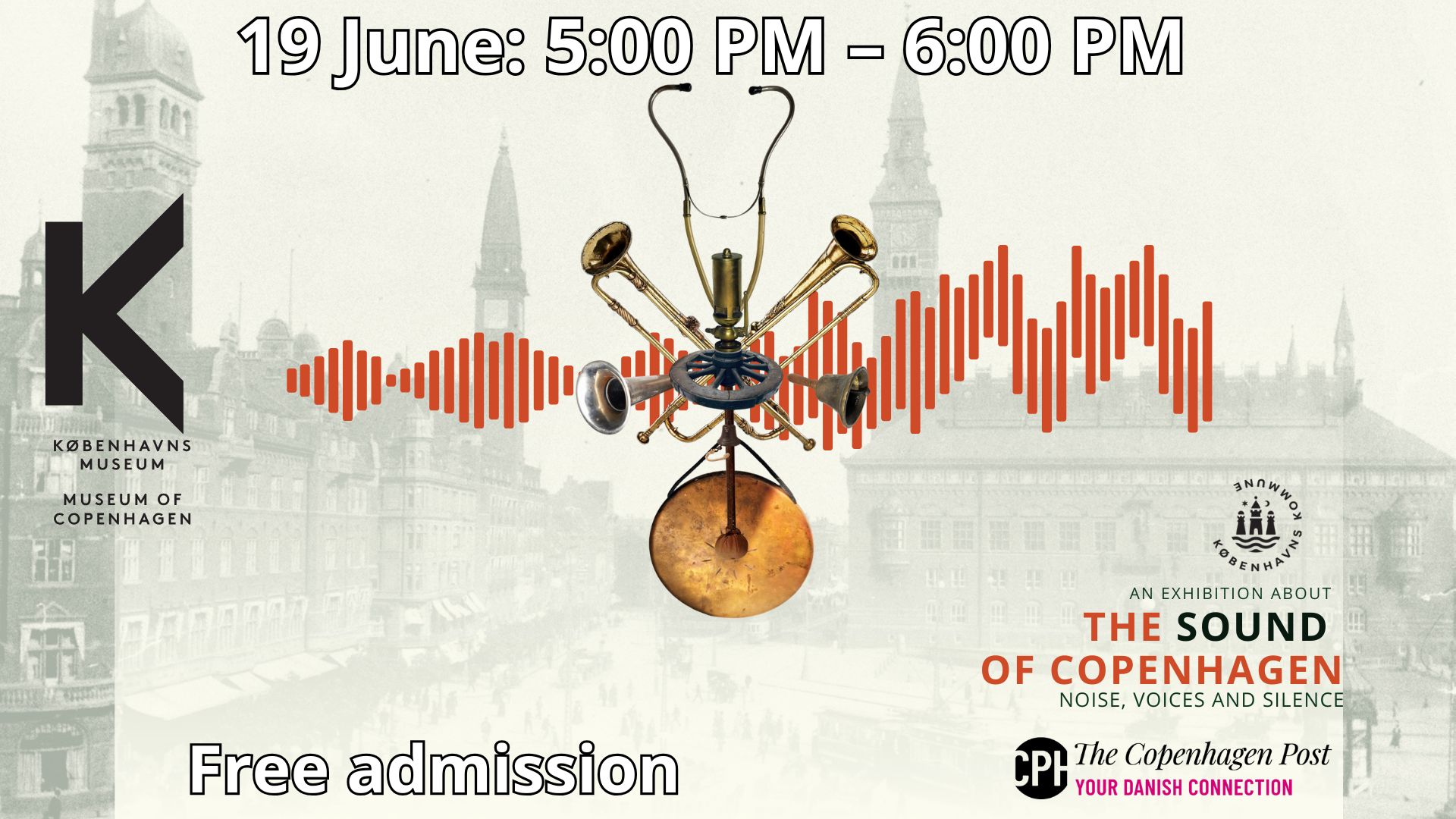What do the MMR vaccine scare, astronaut Neil Armstrong’s “one small step for man, one giant leap for mankind” utterance and the collapse of the World Trade Centre buildings in 2001 have in common?
The answer is that a surprising number of Danes believe in conspiracy theories surrounding these events.
A new survey undertaken for Aarhus University by YouGov polled 1,006 Danes online and according to Professor Michael Bang Petersen and colleague Mathias Osmundsen, the results were “surprising and shocking”, reports Videnskab.dk.
However, both academics urge a note of caution to those inclined to draw hasty conclusions; the survey has not been peer-reviewed and there are a fairly high number of ‘don’t knows’ in the answers.
Struck off the register
Regarding the MMR (measles, mumps rubella) vaccine, the question asked was whether people agreed with the statement that the vaccination could cause autism. Although only 44 percent answered that they didn’t believe it could, only 34 percent agreed it could, with just 4 percent strongly agreeing.
Responsibility for this canard can largely be laid at the door of the English doctor Andrew Wakefield who brought forward the claim in 1998, which was avidly taken up by the press and social media. Wakefield was subsequently discredited and struck off the medical register – his ‘study’ was based on only 12 children – and The Lancet withdrew the paper. It also turned out that Wakefield had an economic interest in an alternative vaccine.
“In populations all over the world rumours and unverified stories about side-effects from different vaccines abound, but up to now, we’ve mostly only seen figures from the US to back it up,” said Professor David Budtz Pedersen from Aalborg University, a researcher studying the way politicians obtain solid factual ground for making decisions.
“These figure show a complete lack of understanding in the Danish population of the evidence and the scientific methodology used by the health sector. They also show a lack of confidence in the health system,” added Pedersen.
Over the moon
Turning to the issue of whether the moon landing actually took place in 1969, only 53 percent were able to answer that they definitely believed it had. A little under half showed some form of scepsis about the official narrative, with 12 percent being either completely or partly sure that it had not taken place.
The problem here could be that the photos and videos of the Apollo missions are only available through NASA and thus there is no independent verification that the lunar landings were anything but a hoax. In the world of conspiracy theorists, Stanley Kubrick, the master auteur responsible for filming ‘2001: A Space Odyssey’, is suspected of shooting the film – either on a backlot in the Hollywood Hills or in Area 51.
According to Time magazine, a 1999 Gallup poll showed that 6 percent of Americans said they thought the lunar landings were fake, and 5 percent said they were undecided – so rather similar to the new Danish figures.
Bush telegraph
Another question asked in the survey was whether people believed the US Government, with George W Bush at its head, was behind the terrorist attacks on the World Trade Centre on 11 September 2001 in order to start a war to secure access to Middle Eastern oil. Here, there were more than one in ten people who felt that Bush was behind the terrorist attack to some extent.
Michael Bagn Petersen, a professor of political science also from Aarhus University, expressed his surprise at the survey figures. “I agree that it seems crazy. It indicates that a not-insubstantial number of Danes seem to live in a different reality than the rest of us,” he said.














